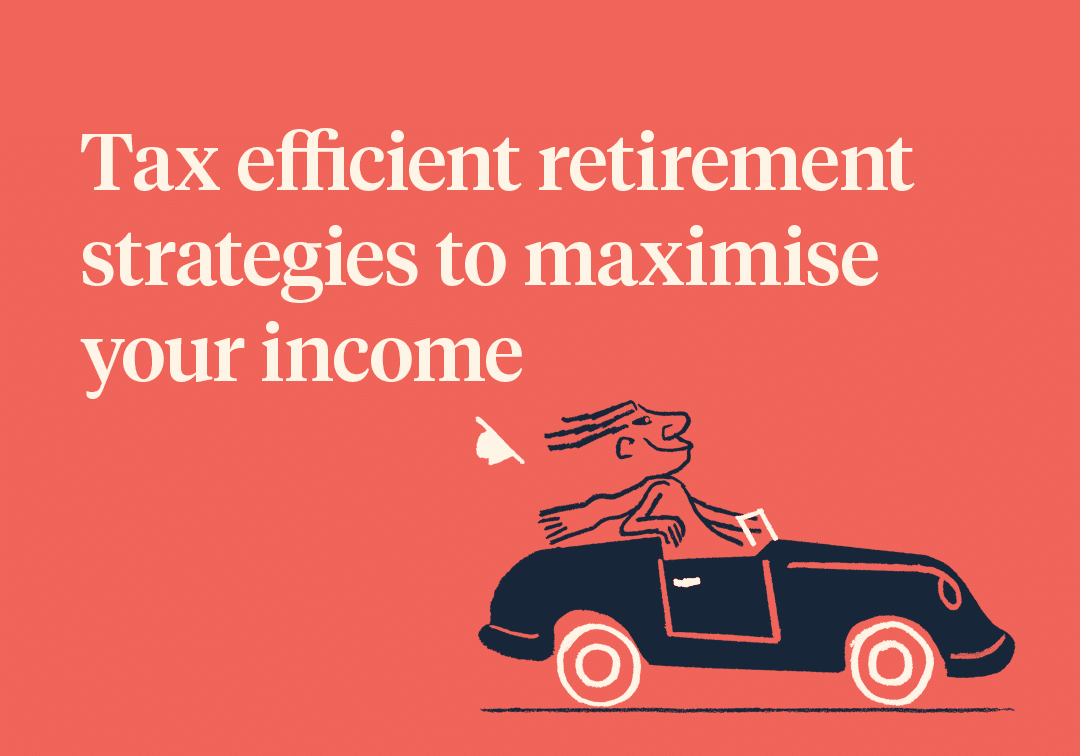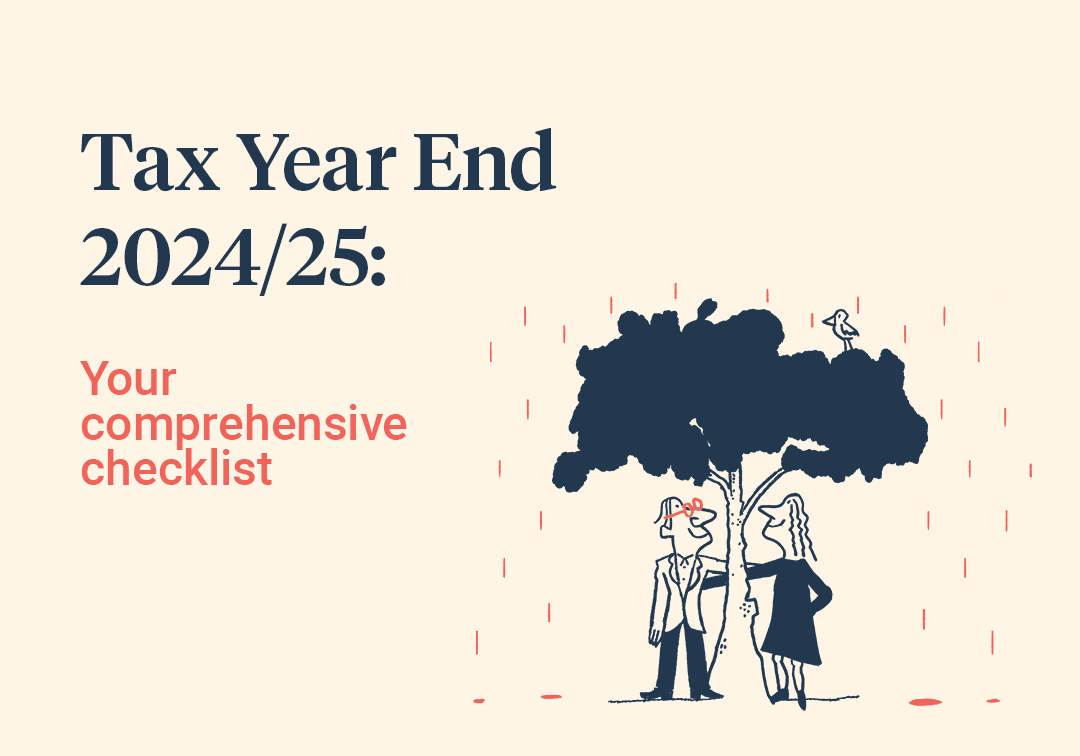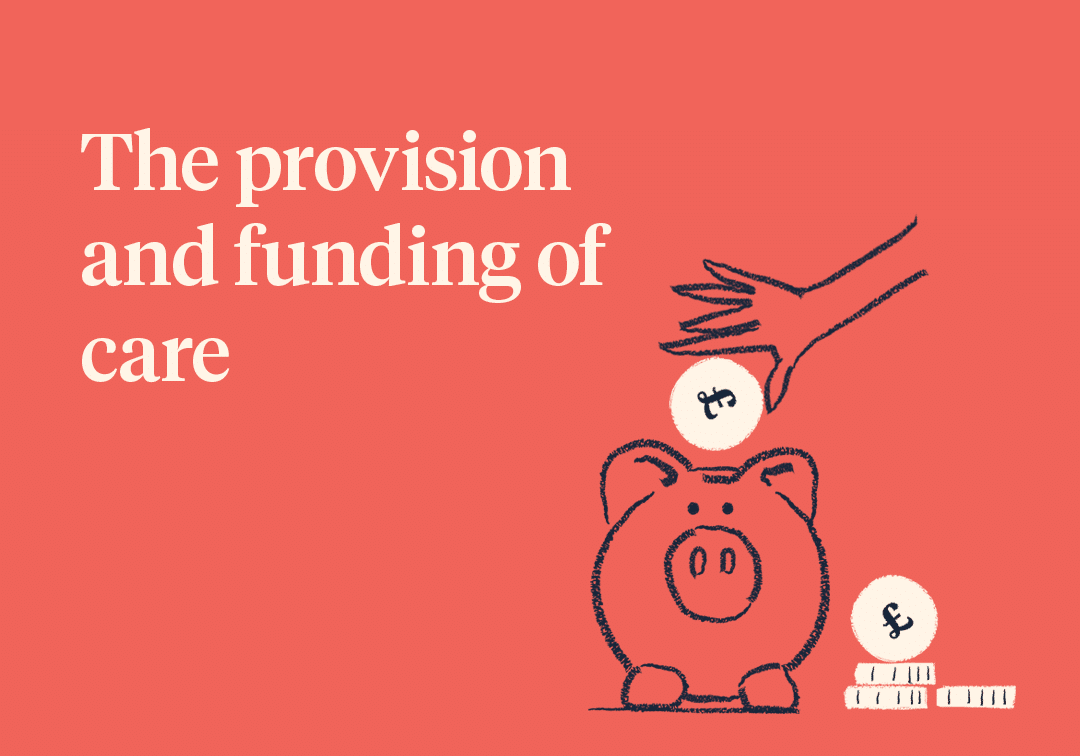The Pension Policy Institute estimates that there are over £9.7 billion of unclaimed pensions in the UK. It is typically an individual’s failure to consolidate and organise their pensions that causes this loss.[1] A pension consolidation is when you combine multiple pension pots into one. Over the course of your career, you will most likely have worked for many employers and collected a few different pensions as a result. Multiple pensions can cause several problems, so consolidating them could be highly beneficial but there are a few things to watch out for.
So, let’s run through some of the benefits of pension consolidation and a few things you might want to know before going ahead with a transfer.
What are the benefits of combining your pension pots?
1. Less pension paperwork
Ease of administration is one of the main advantages of combining all your pensions into one pot. Once you’ve consolidated your pension, you will no longer have to deal with statements from multiple providers making it easier to keep track of your wealth.
2. Pension allowances made easy
With only one pension to deal with, record keeping will become straightforward. This will help if you want to make a large one-off contribution using something like carry-forward. When you do this, you have to look back over previous tax years and determine how much of your annual allowance was used. This can be a nightmare if you have more than one pension.[2]
How much do you need to retire and more…

How much income do you need to be comfortable, how much do you need invested and how to pay less tax...
3. Drawing income in retirement is much easier
If you plan to take income from your pension, consolidation is a bit of a no-brainer. A streamlined approach makes taking income simple and it’s easy to change when you need to. Notably, lots of providers impose a minimum value level on the pot before you can commence drawdown. In addition, many pensions that were established before 2015, may not even facilitate flexible income payments.[3] As such, you might have to consolidate into a SIPP before you retire simply to allow you to access your income the way you want.
4. Easily monitor your pension’s investment performance against your goals
It is more than likely that if you have numerous pension pots, they will be invested in different default funds that have varied levels of risk.[4] Combining these into one pot can ensure that your money is in a single, well diversified strategy that aligns with your goals and needs. Furthermore, understanding how your investments are performing should then be an easy task, as they’ll be reported on in one place and be easily accessible online.
5. Greater choice and investment diversification
It is a common misconception that transferring your pensions to a single provider will reduce the diversity of your investments and impact the safety of your money. In fact, the reverse can often be the case. Many default funds across different providers are invested in similar ways. By consolidating your pensions into a SIPP, your investment choice will typically increase. If your money is managed professionally within the SIPP, the investment management team should be able to access a wider range of sophisticated instruments with the aim of improving risk-adjusted returns.
Do you need help consolidating or transferring your pensions?
Our pension specialists are experienced at carrying out transfers and consolidation for clients and can help you avoid any pitfalls. Get in touch to discuss how we can help you.

What should you watch out for before combining your pensions?
Exit penalties
Many pensions can be transferred without a penalty being applied. Some though, can have reasonably high exit charges. Although, these typically reduce as you reach retirement age. As with everything fee related, it’s about weighing up the benefits you receive alongside any additional charges you incur to determine whether it is worthwhile.[5]
The type of pensions you want to consolidate – Defined Contribution and Defined Benefit
Defined Contribution (DC) schemes are based on ‘contributions’ you have made to the scheme. These build up over time to provide an invested pot that can be accessed flexibly.[6] Conversely, Defined Benefit (DB) schemes provide a guaranteed, regular income. Defined Contribution schemes are more typical, modern pensions and are usually easily consolidated. Whilst it is possible to transfer a defined benefit scheme, it’s extremely high risk and is only advised in unique circumstances. You must take advice on a Defined Benefit transfer.
Losing benefits when combining your pensions
Pensions established before 2006 may have unusual benefits attached such as additional amounts of tax-free cash or a guaranteed level of income.[7] It’s important to consider these types of schemes carefully as it may be worth holding onto these pensions due to the additional benefits in place.
How do you consolidate your pensions?
Given all the various pitfalls, consolidating your pension is probably best done with the support of a qualified financial planner. You will need to collate up-to-date statements and policy numbers for all of your schemes. If you are unsure which provider the pension is with, you will need to contact your previous employer and provide them with the dates you worked at the company. They should be able to tell you the scheme details easily. A good adviser will then request letters of authority from you, before providing a recommendation on the consolidation and do most of the heavy lifting.
As you’re probably gathering, the benefits of pension consolidation tend to outweigh the drawbacks. It is really about approaching consolidation in a sophisticated and thoughtful way whilst taking advice to ensure you don’t make any major mistakes.
Do you need help consolidating or transferring your pensions?
Our pension specialists are experienced at carrying out transfers and consolidation for clients and can help you avoid any pitfalls. Get in touch to discuss how we can help you.

Article sources
Editorial policy
All authors have considerable industry expertise and specific knowledge on any given topic. All pieces are reviewed by an additional qualified financial specialist to ensure objectivity and accuracy to the best of our ability. All reviewer’s qualifications are from leading industry bodies. Where possible we use primary sources to support our work. These can include white papers, government sources and data, original reports and interviews or articles from other industry experts. We also reference research from other reputable financial planning and investment management firms where appropriate.
Saltus Financial Planning Ltd is authorised and regulated by the Financial Conduct Authority. Information is correct to the best of our understanding as at the date of publication. Nothing within this content is intended as, or can be relied upon, as financial advice. Capital is at risk. You may get back less than you invested. Tax rules may change and the value of tax reliefs depends on your individual circumstances.
About Saltus?
Find out more about our award-winning wealth management services…
Winner
Best Wealth Manager
Winner
Investment Performance: Cautious Portfolios
Winner
Top 100 Fund Selectors 2024
Winner
Best Places to Work 2024
£8bn+
assets under advice
20
years working with clients
350+
employees
97%
client retention rate


